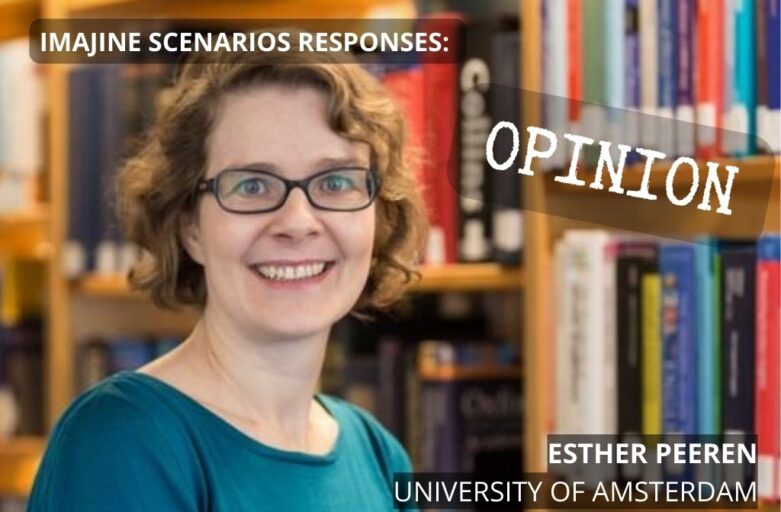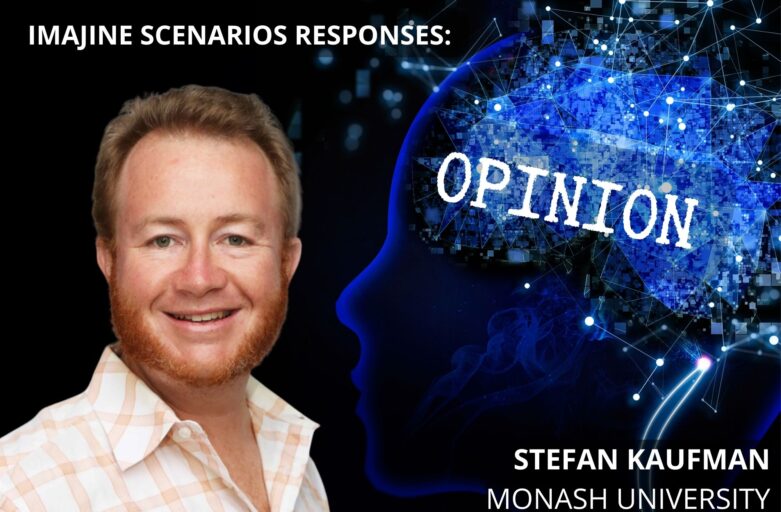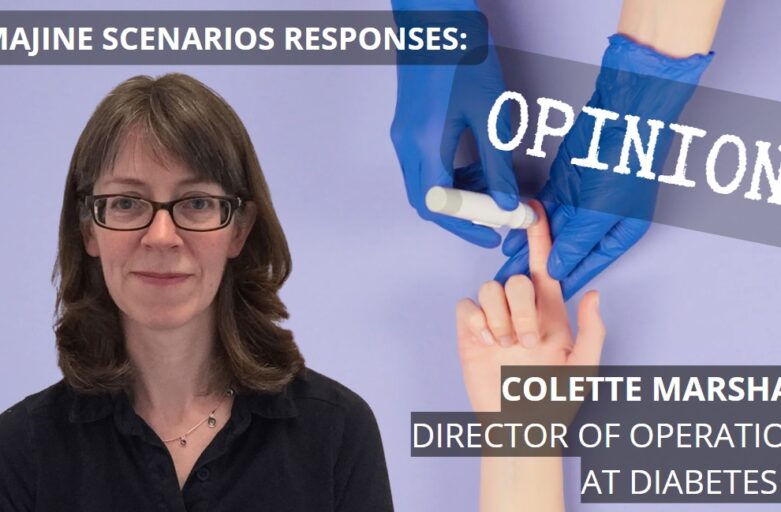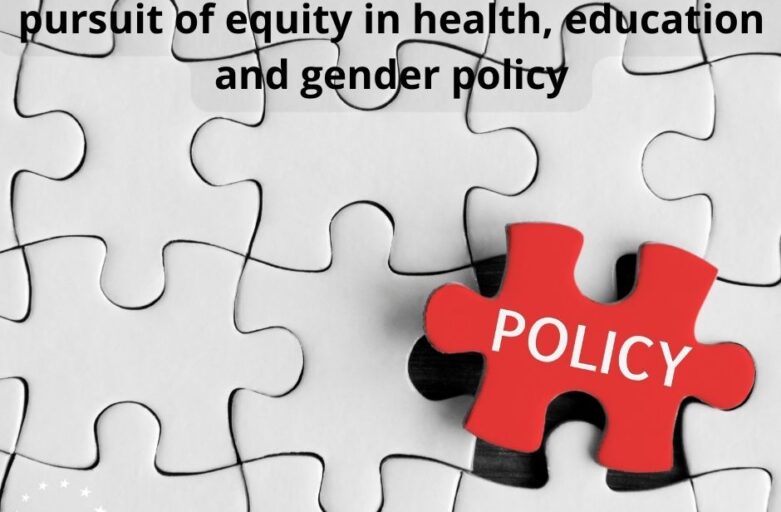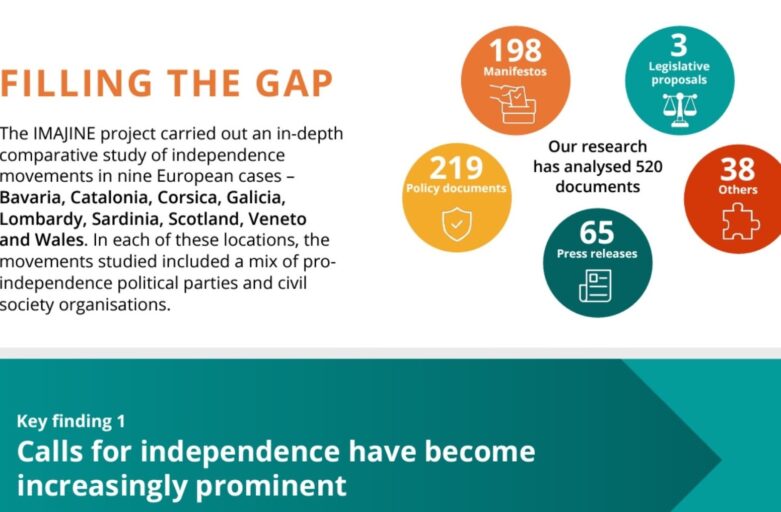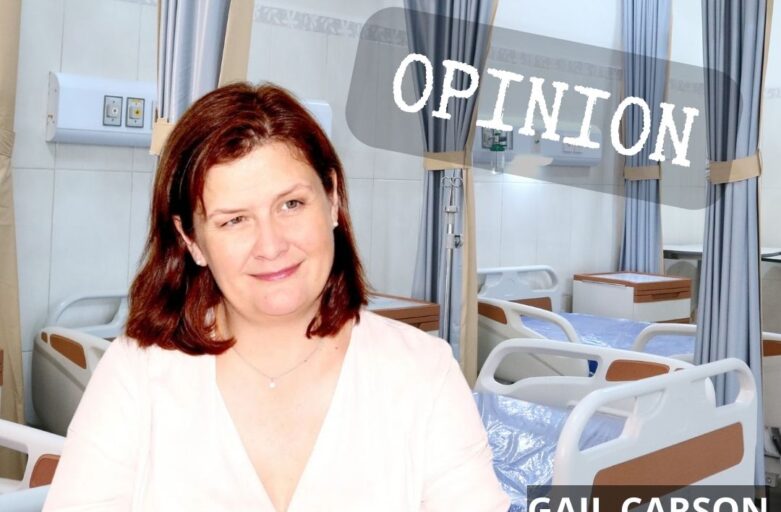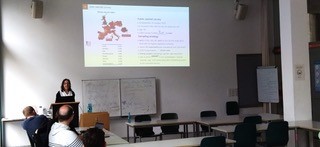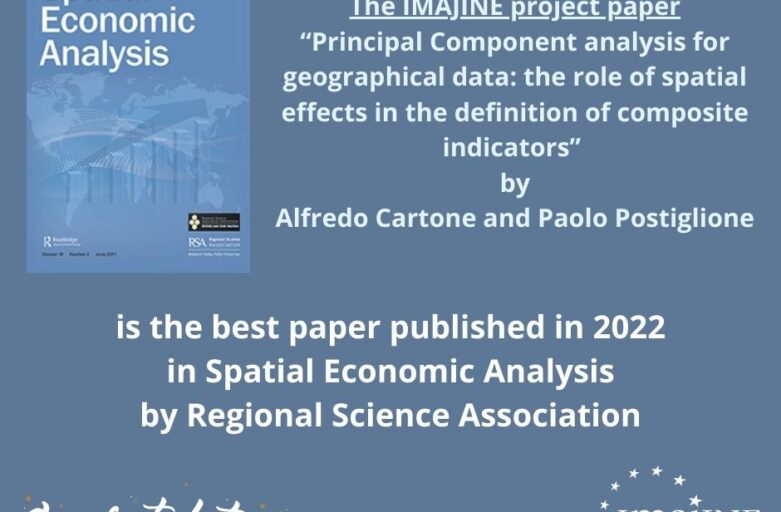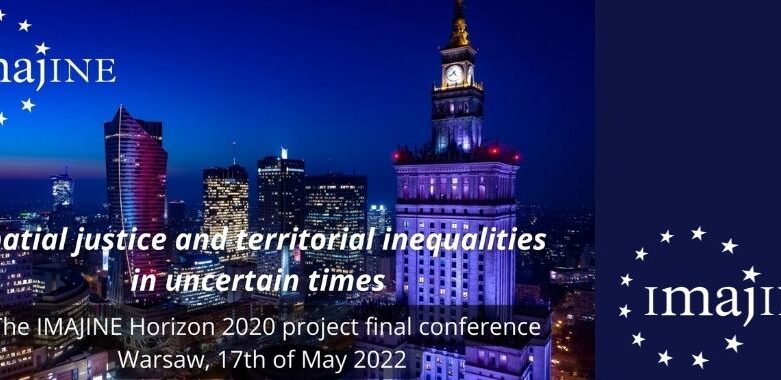Esther Peeren is Professor of Cultural Analysis and Academic Director of the Amsterdam School for Cultural Analysis (ASCA). With Jeroen de Kloet, she is series
Author: imajine
Imajine scenario response – Stefan Kaufman, Monash University
In this blog post, Stefan Kaufman of Monash University’s BehaviourWorks explores the IMAJINE scenarios from the perspective of behavioural science, insights, and interventions. I’m coming
Imajine scenario response – Colette Marshall, Director of Operations at Diabetes UK
In the latest response to the IMAJINE scenarios exploring the future of European regional inequality, Colette Marshall, Director of Operations at Diabetes UK, explores the
Lessons from policy theories for the pursuit of equity in health, education and gender policy
This post first appeared on the Policy & Politics blog. It summarizes an article published in Policy & Politics. Could policy theories help to understand
Independence movements in Europe: What claims do they make and how do they justify them?
Pro-independence movements have become significantly more prominent across Europe during the last decade. These movements challenge the territorial and constitutional integrity of existing states with
Imajine scenario response – Gail Carson, Centre for Tropical Medicine & Global Health, University of Oxford
In this discussion, Dr Gail Carson from the Nuffield Department of Medicine, Centre for Tropical Medicine & Global Health, University of Oxford, offers some thoughts
The IMAJINE results presented at the Humboldt University
Based on data from the IMAJINE project survey, research fellow Linda Basile from the University of Siena held a lecture on 14th of June 2022
Spatial Composite Indicators: some new hints
The paper “Principal Component analysis for geographical data: the role of spatial effects in the definition of composite indicators” by Alfredo Cartone and Paolo Postiglione,
Imajine scenario response – Angela Adams, Saïd Business School University of Oxford & Angela Adams Consulting
In this response Angela Adams explores the future of executive education in each IMAJINE scenario.
Final IMAJINE conference in Warsaw
The final IMAJINE project conference “Spatial justice and territorial inequalities in uncertain times” is taking place in Warsaw, Poland on the 17th of May 2022.

